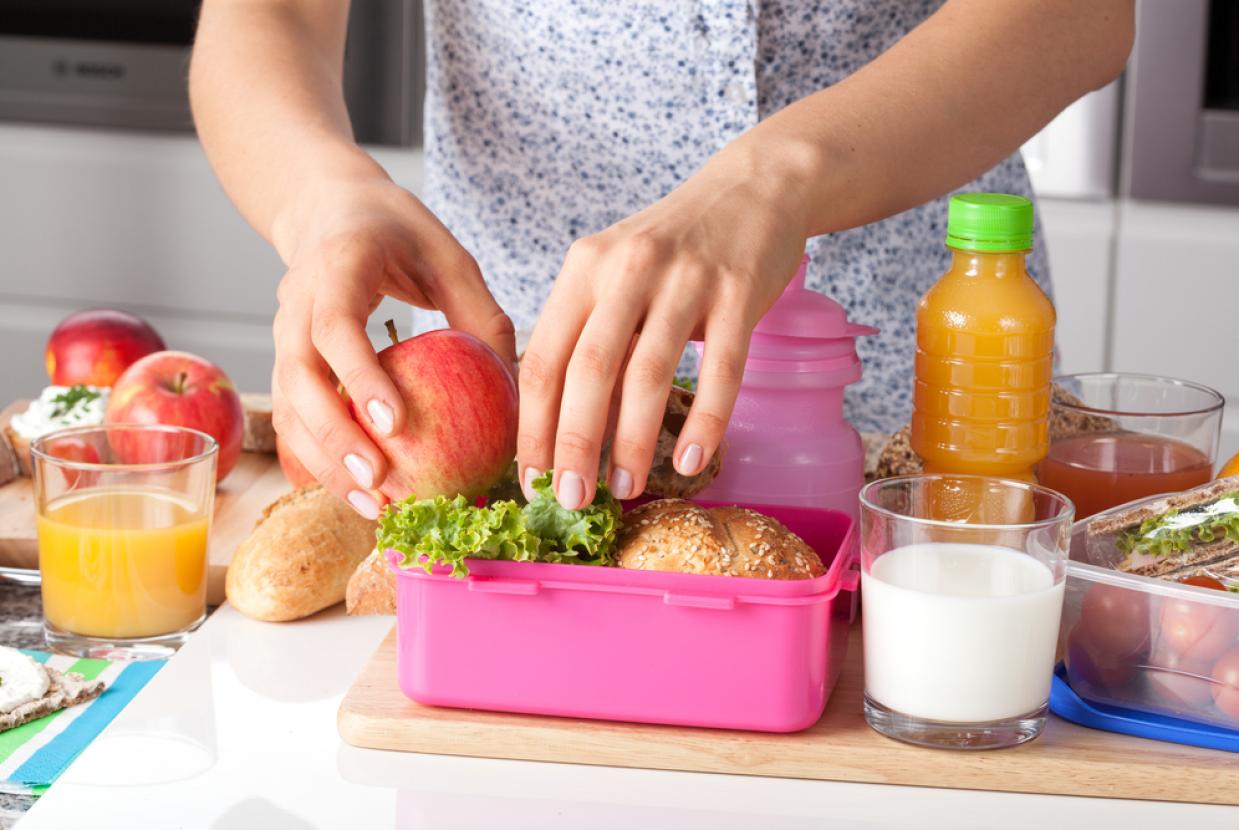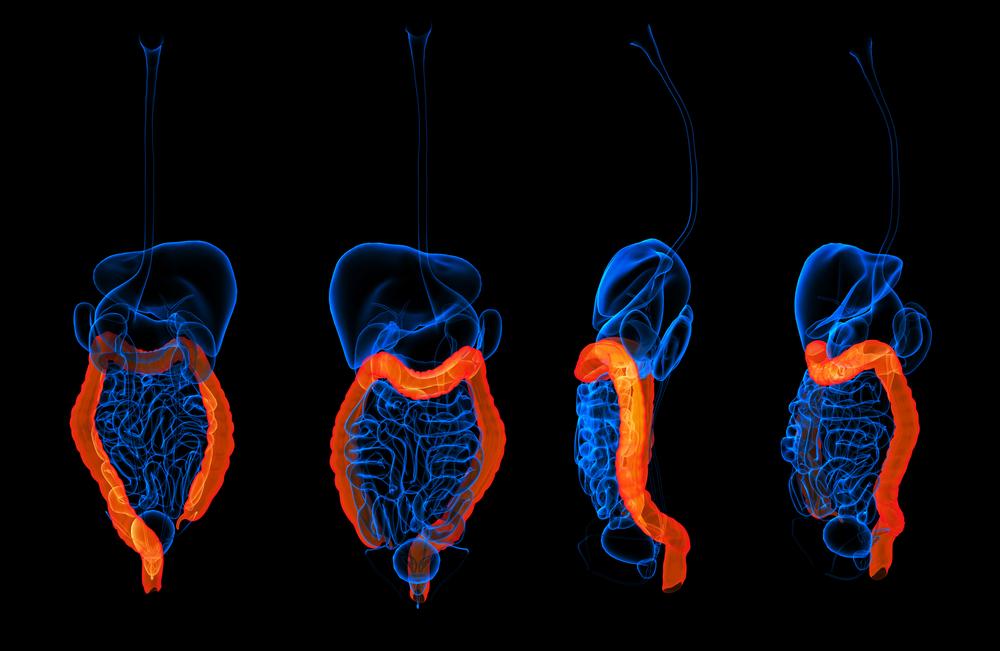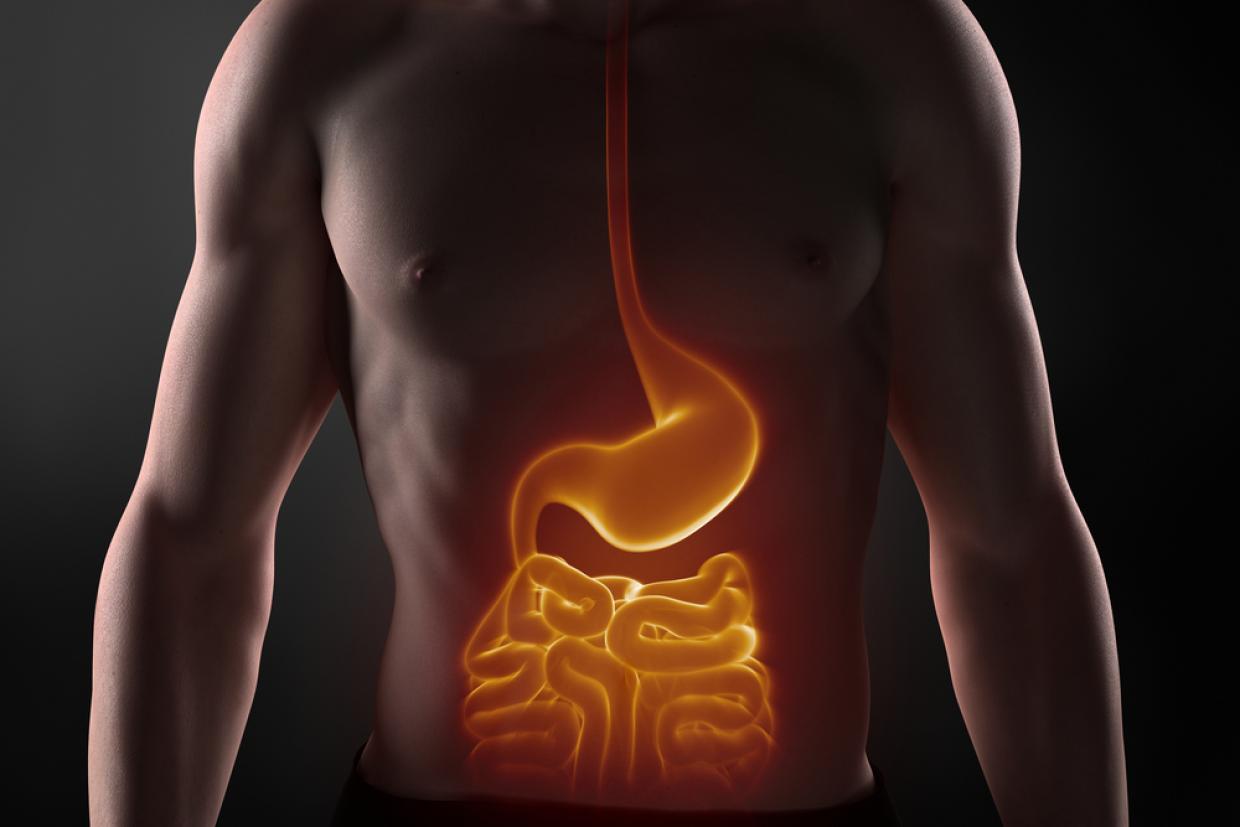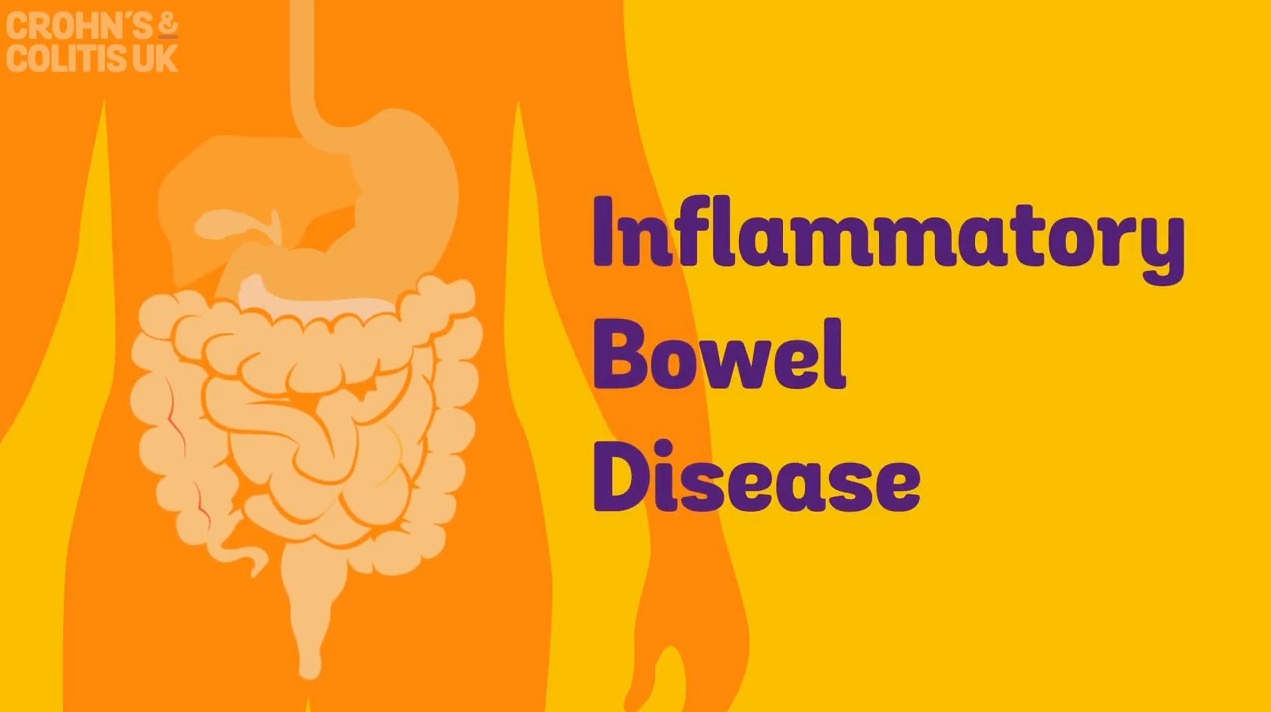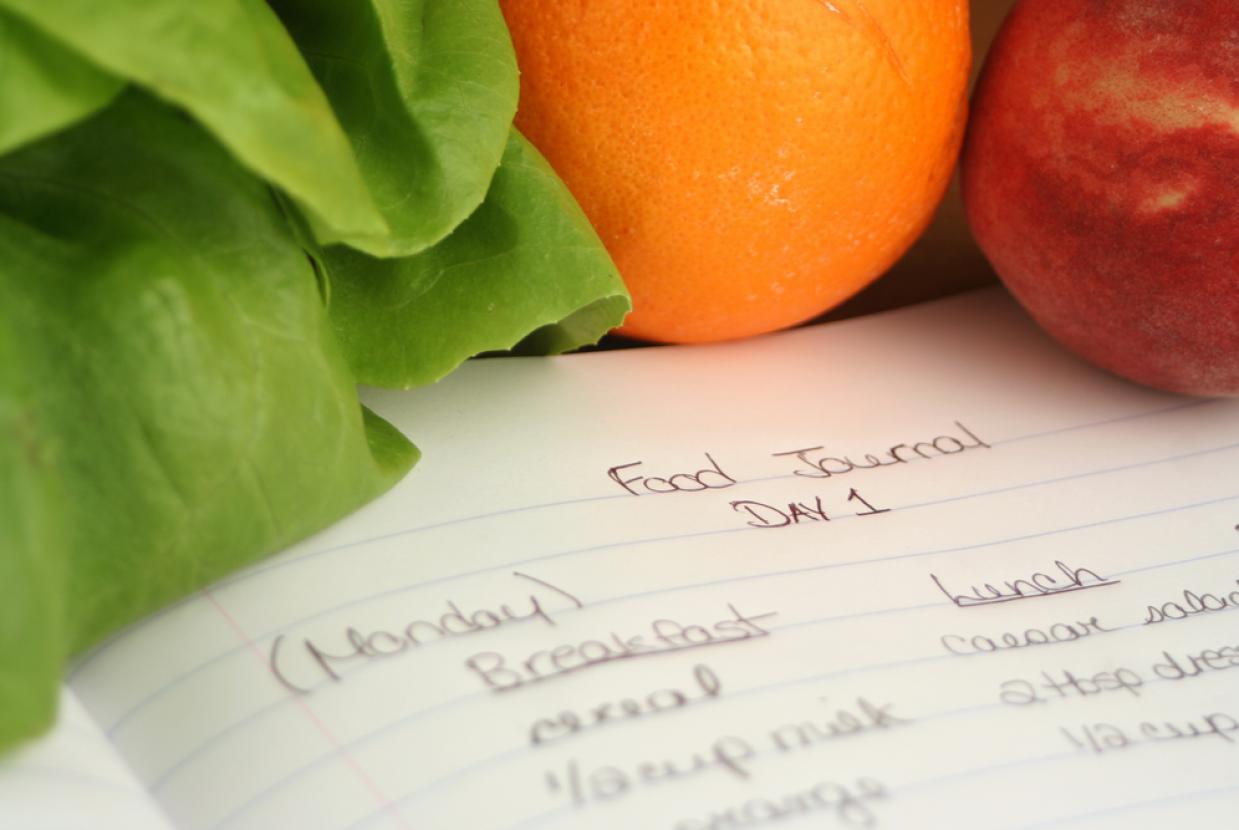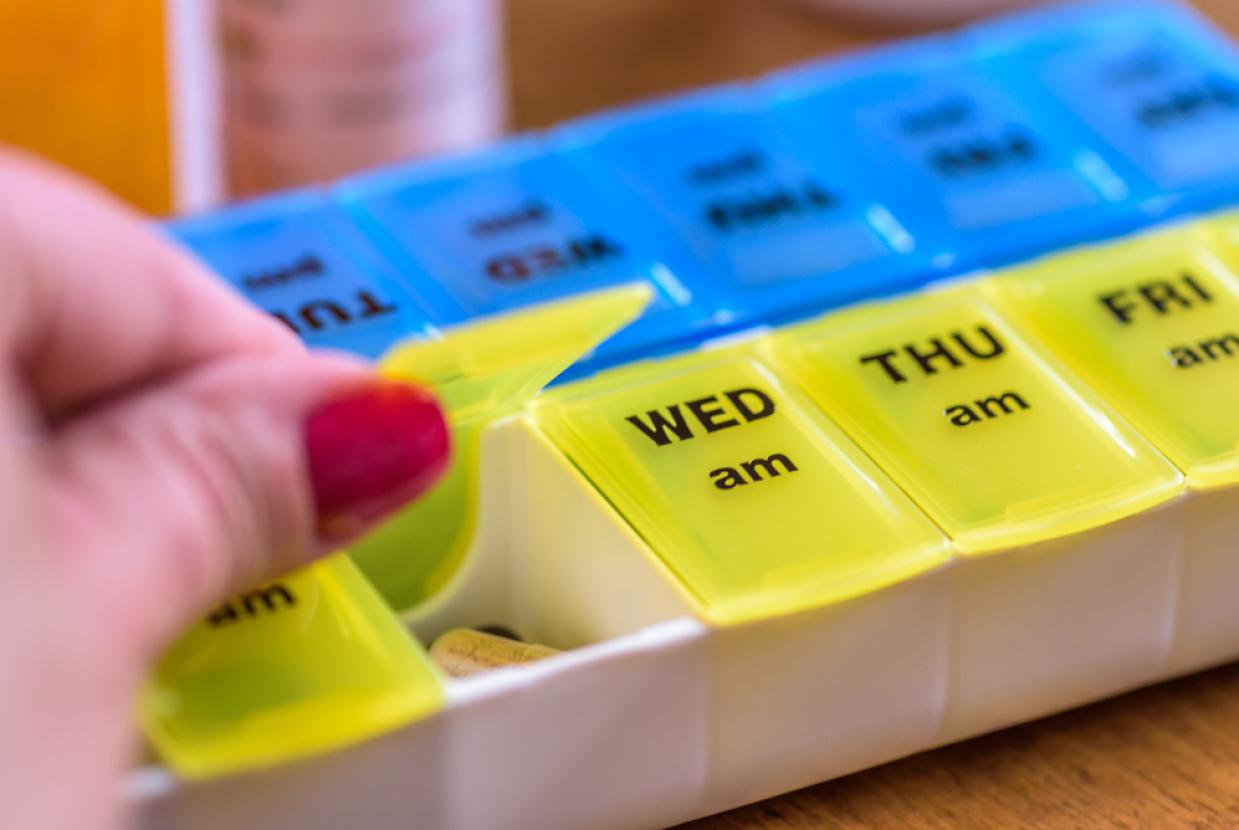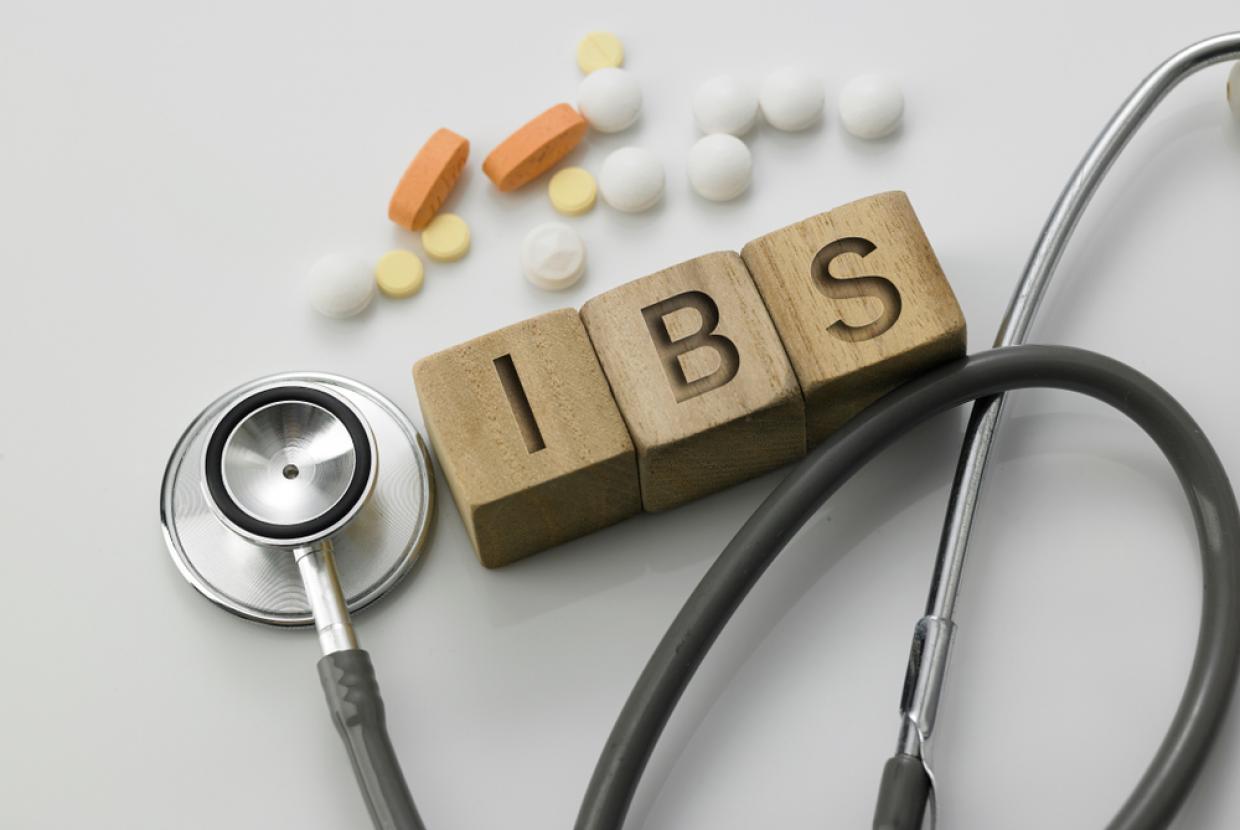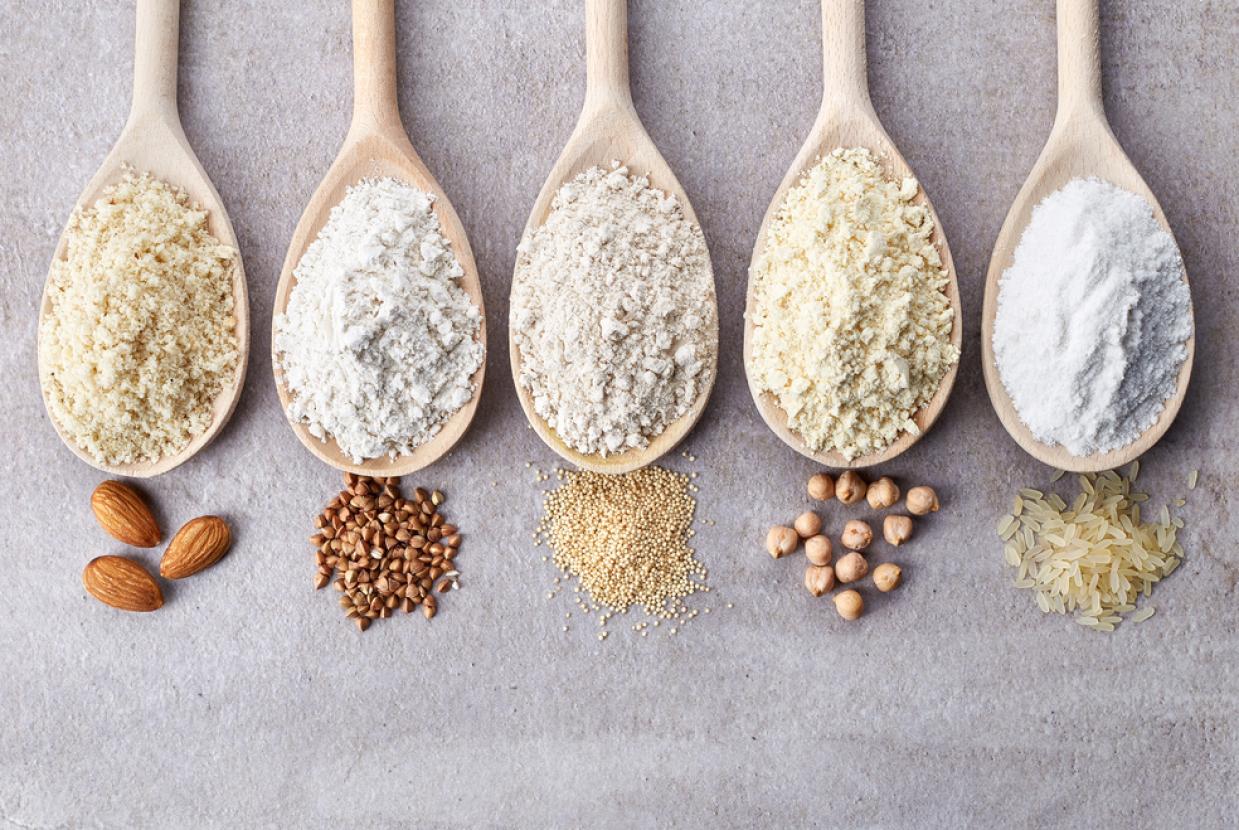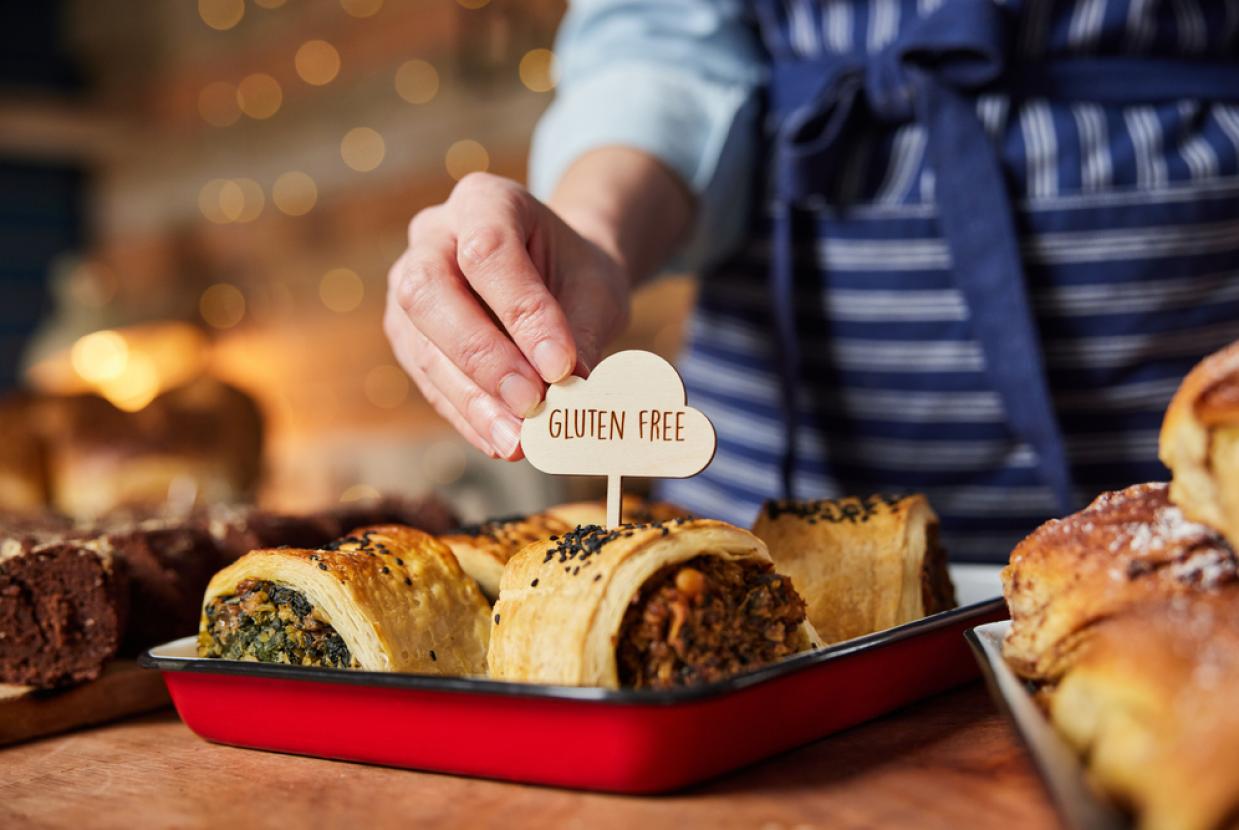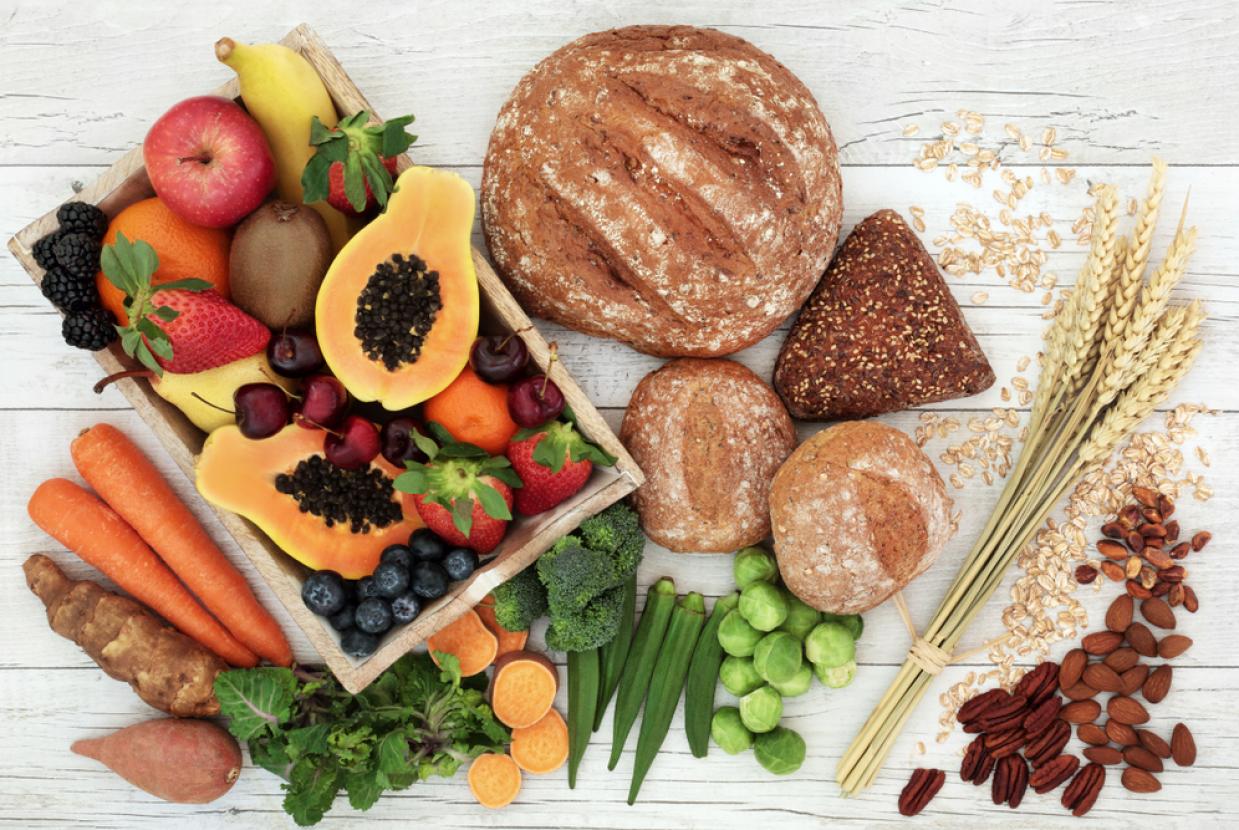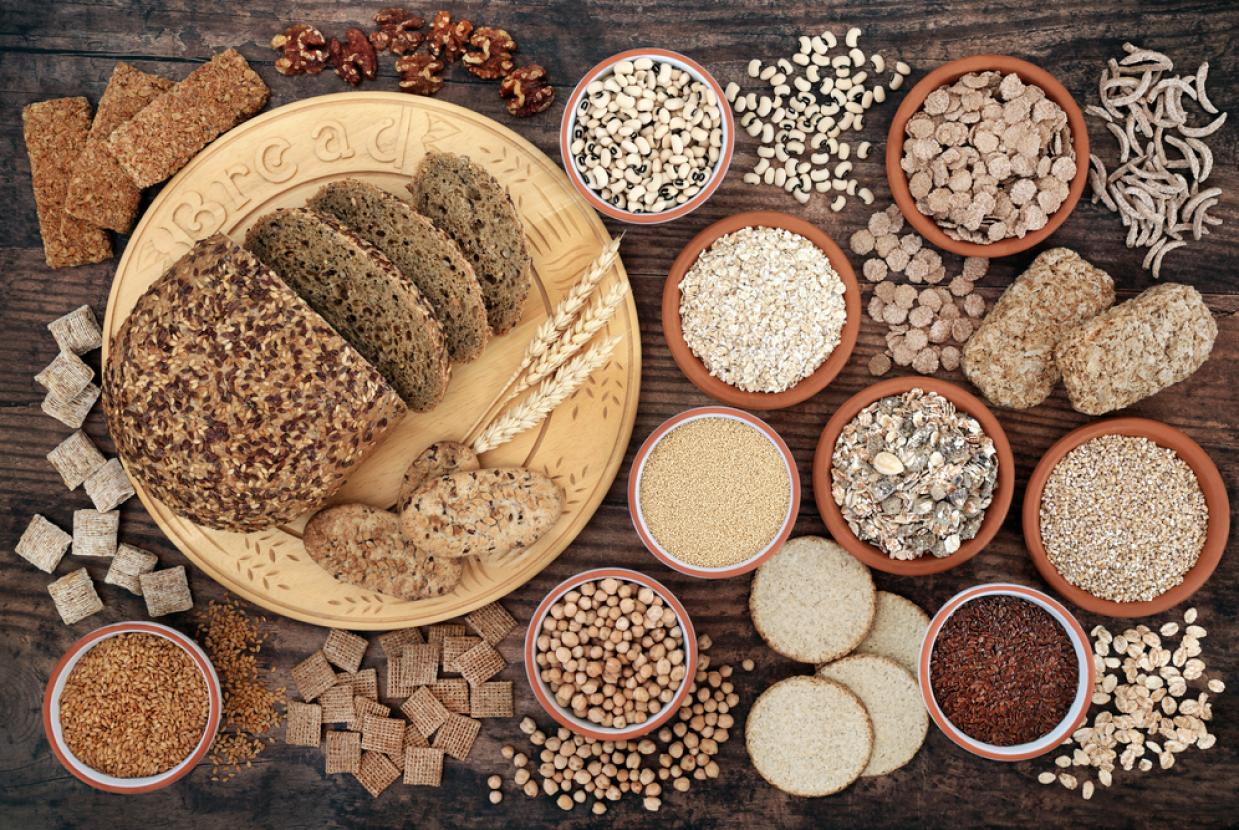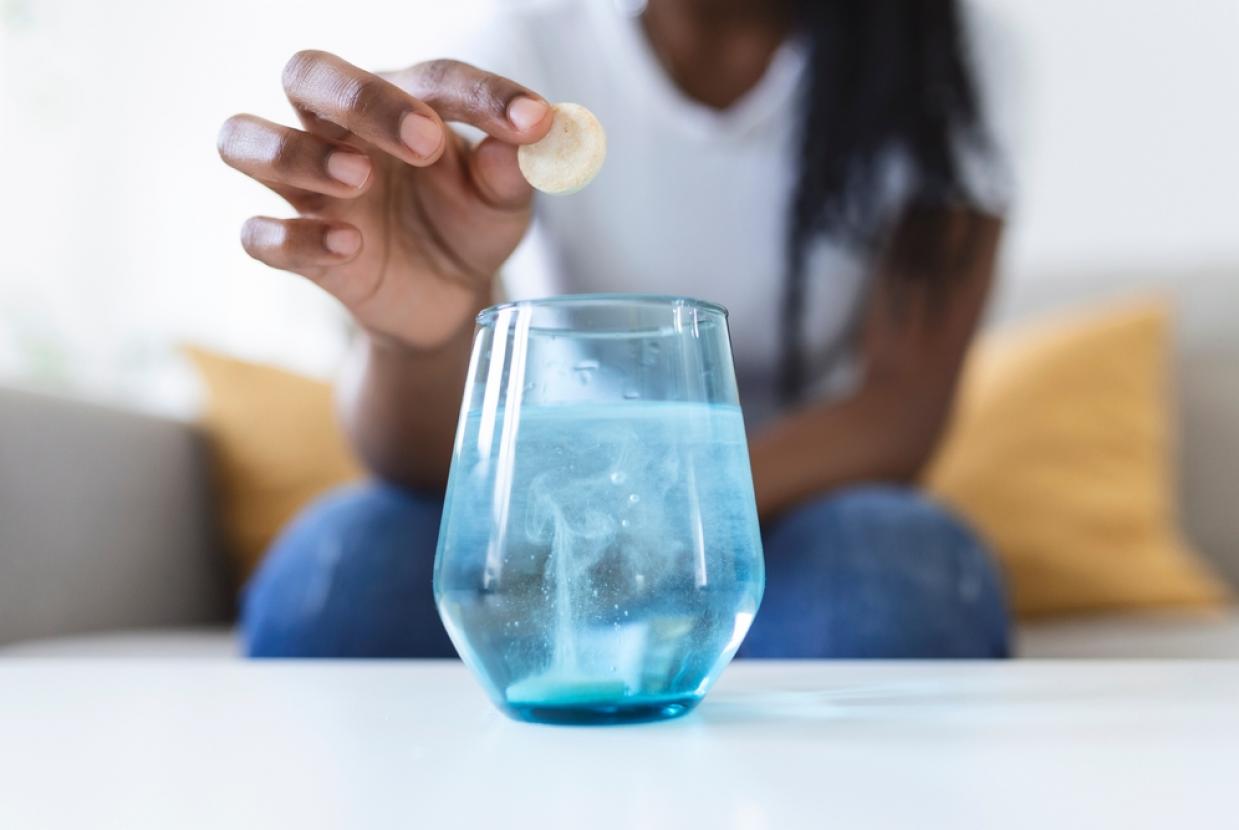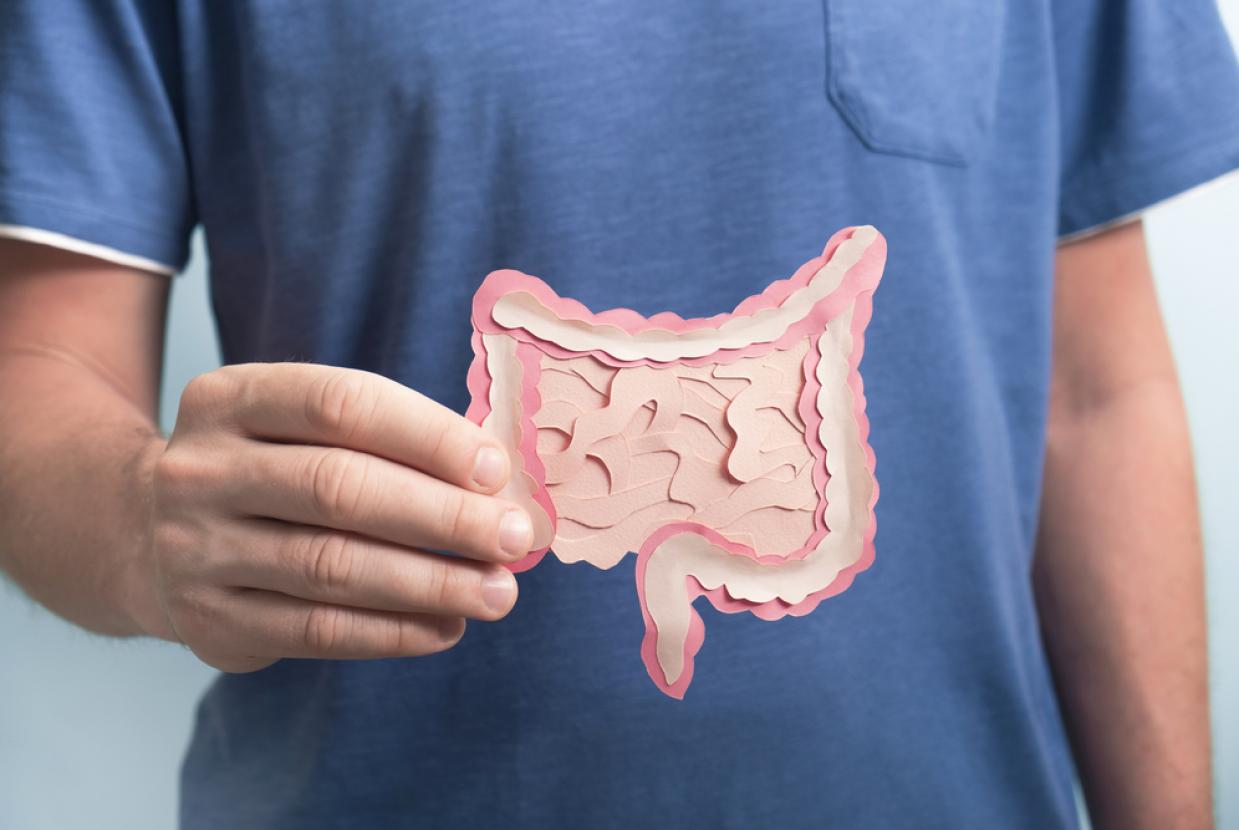Good Foods to Help your Digestion
To avoid problems such as constipation, heartburn and symptoms of irritable bowel syndrome (IBS), it's important to eat the right foods. Here's a tummy friendly diet to aim for.
Fill up on fibre to prevent constipation
It's a good idea to try to eat more fibre or roughage, as most people in the UK do not get enough. A diet rich in fibre can help digestion and prevent constipation.
Aim for the recommended dietary intake of 30g of fibre a day.
For a healthy bowel, you need fibre from a variety of sources, such as:
- wholemeal bread
- brown rice
- fruit and veg
- beans
- oats
Some people find cereals and grains bring on bloating and irritable bowel syndrome. If that's the case, get your fibre from fruit and vegetables instead.
Drink plenty of fluids to aid digestion
It's important to keep drinking, especially water. It encourages the passage of waste through your digestive system and helps soften poo.
Fibre acts like a sponge, absorbing water. Without fluid, the fibre cannot do its job and you'll get constipation.
A good way to make sure you're getting enough fluids is to drink a glass of water with every meal. Avoid caffeine drinks as they can cause heartburn.
Cut down on fat for a healthy gut
Fatty foods, such as chips, burgers and fried foods, are harder to digest and can cause stomach pain and heartburn.
Cut back on greasy fried foods to ease your stomach's workload.
Try to eat more lean meat and fish, drink skimmed or semi-skimmed milk, and grill rather than fry foods.
Go easy on spice to avoid tummy troubles
Many people love spicy food and it does not bother their digestive system. Others find their tummy is upset when they have spicy food.
It's not just scorching hot foods like chillies that trigger heartburn. Milder but flavourful foods like garlic and onion can also bring it on.
If spicy foods give you heartburn, stomach pain or diarrhoea, go easy on them in future.
If you already have a problem like heartburn or an irritable bowel, avoid them completely.
Beware gut symptom triggers
Some people find particular foods cause them problems. Acidic foods, such as tomatoes, citrus fruits, salad dressings and fizzy drinks, can trigger heartburn, while wheat and onions may cause irritable bowel syndrome.
And if you cannot digest lactose (lactose intolerance), the sugar in milk, you'll develop wind and diarrhoea after drinking milk or eating dairy products, including cream, cheese, yoghurt and chocolate.
Try to stay away from foods and drinks that trigger your digestive symptoms. Keep a food diary to work out which foods cause your symptoms.
Choose the right drinks to ease digestion
Drinks with caffeine, such as coffee, colas, tea and some fizzy drinks, boost acid in the stomach, leading to heartburn in some people.
Fizzy drinks in general tend to bloat the tummy, which can also lead to heartburn.
To make digestive problems less likely, choose drinks that are not fizzy and do not contain caffeine, such as herbal teas, milk and plain water.
If you cannot do without your coffee or tea, limit your intake to 1 or 2 cups a day.
Probiotics
Probiotics are so-called "friendly bacteria" that are also found naturally in the gut.
There's some evidence that they may be helpful for some conditions, including helping irritable bowel syndrome. But there's little evidence to support some other health claims made about them.
Probiotics are available as supplements from health food shops, or in live yoghurt, which is a good natural source.
If you want to try them, it's best to take them every day for at least 4 weeks to see if they work for you.
If you have an existing health condition or a weakened immune system, talk to a doctor before taking any probiotic supplements.


